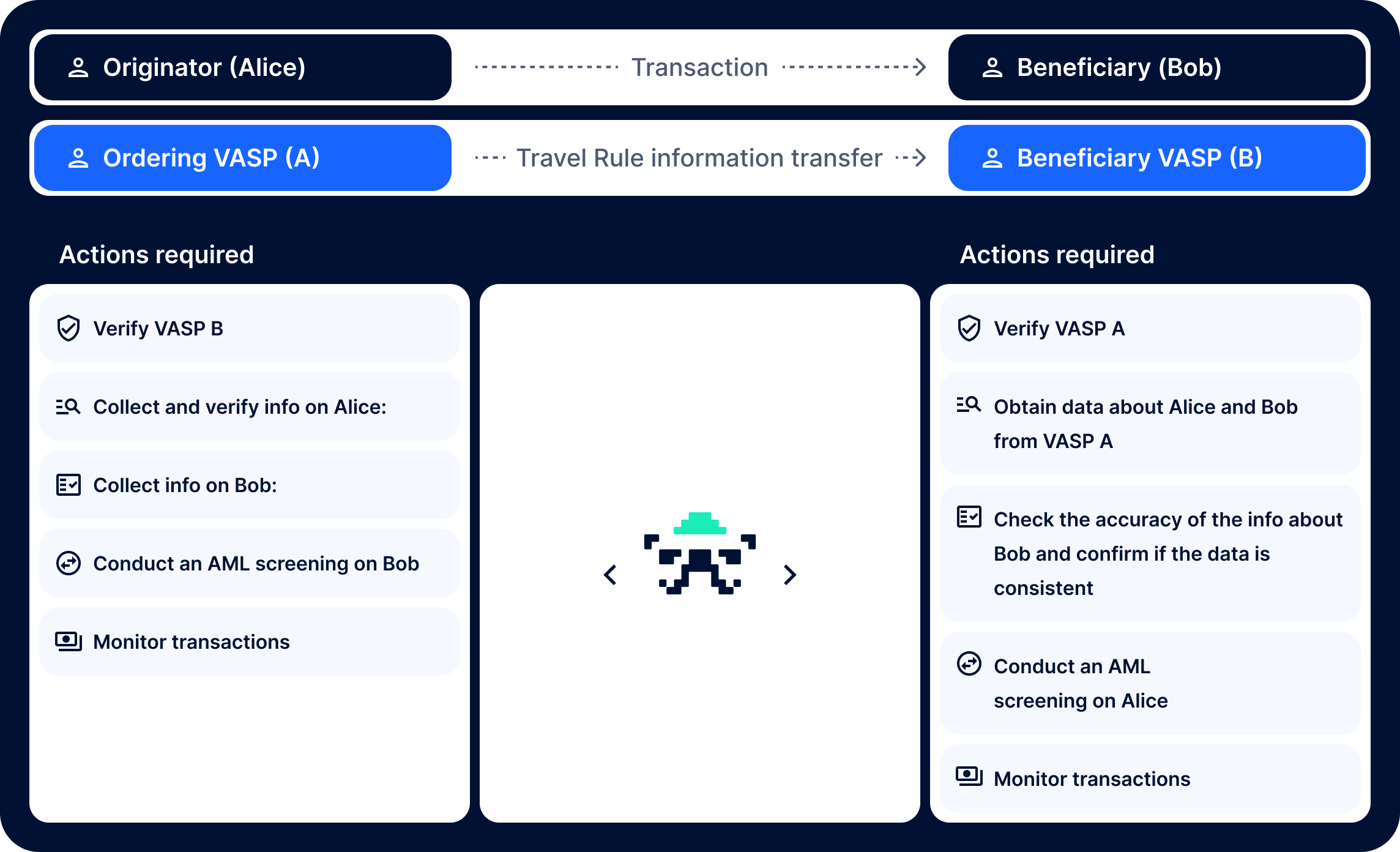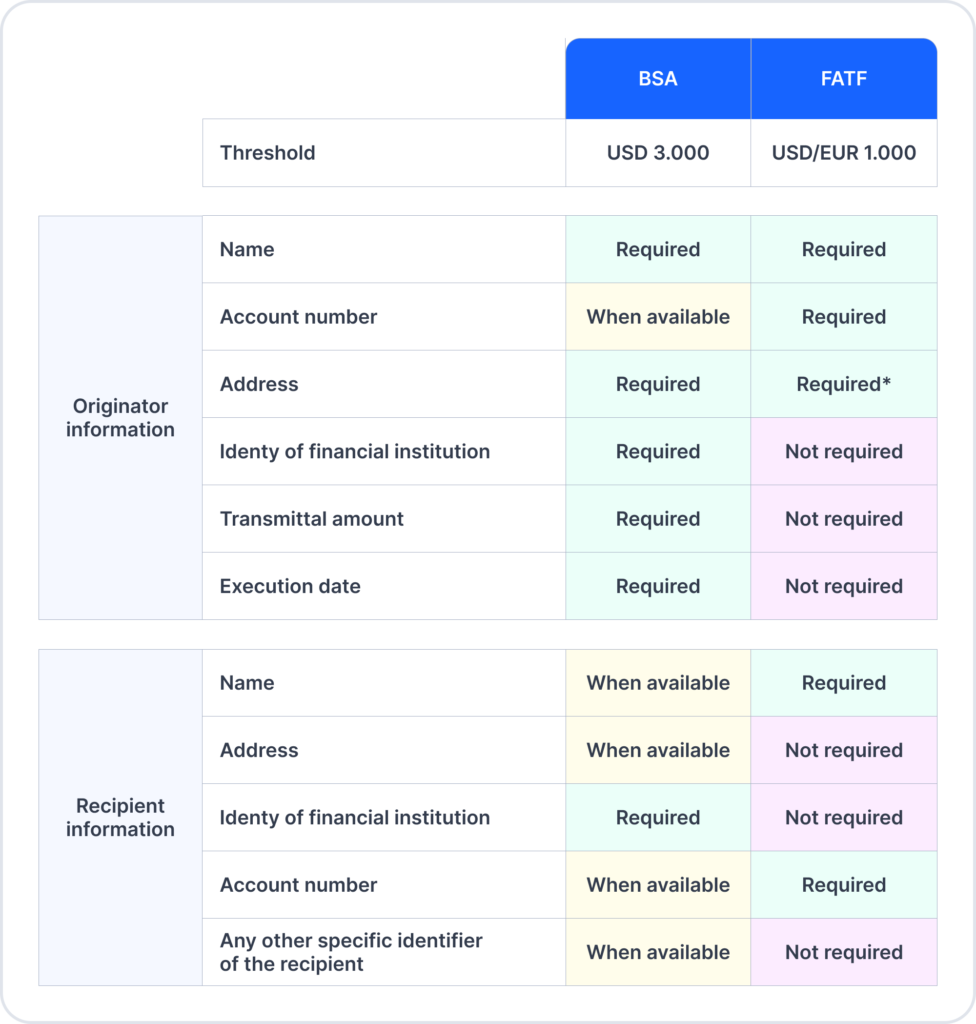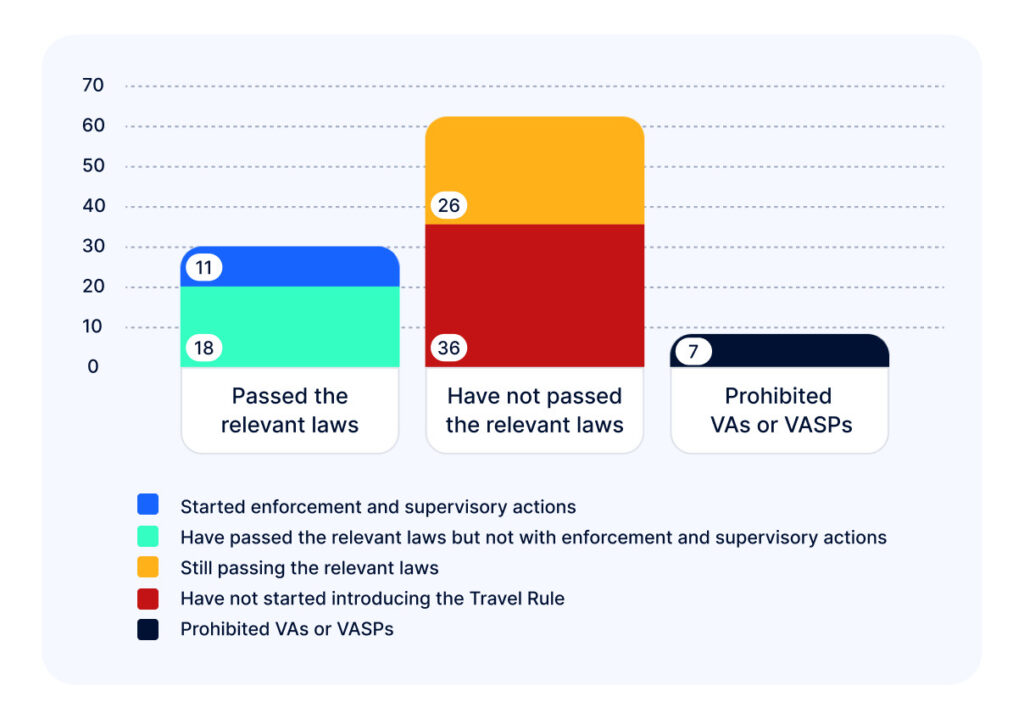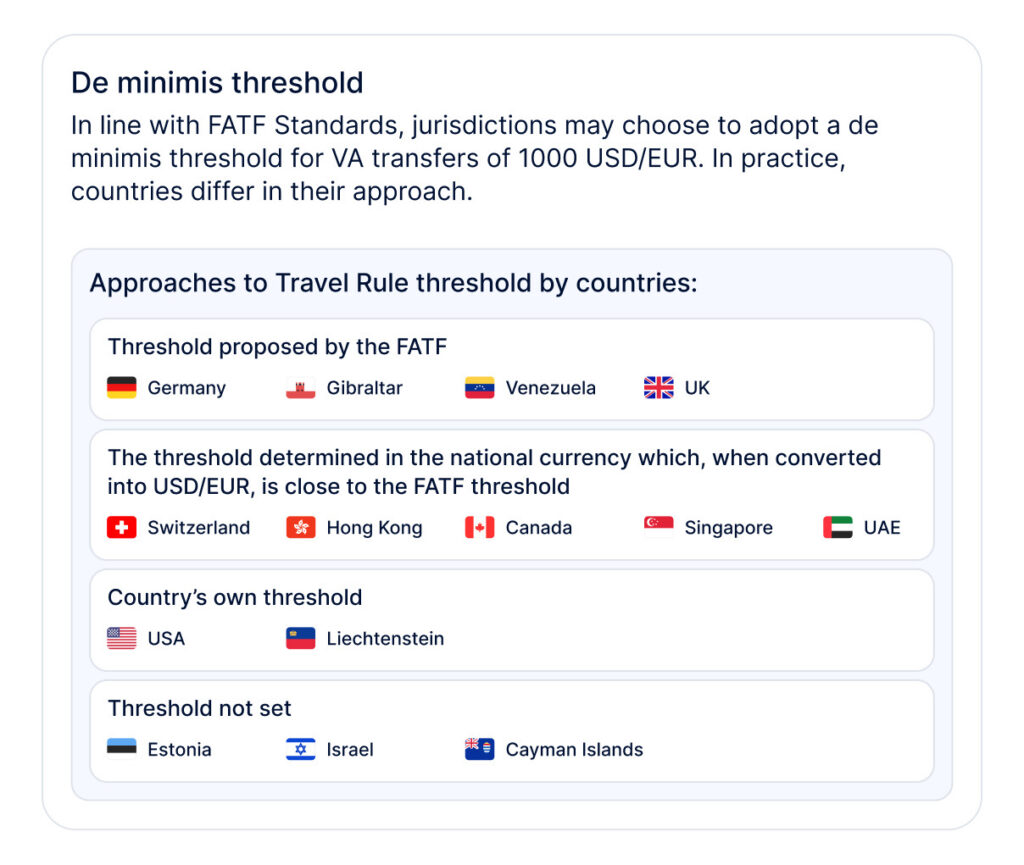What is the FATF Travel Rule? The Ultimate Guide to Compliance (2024)
Learn what the controversial Travel Rule is, the difficulties countries may face with its incorporation, why you need to get ready for its widespread implementation, and how it’s different from the US FinCEN’s Travel Rule.










